Filter Nozzle
A swimming pool filter nozzle is a crucial component in pool filtration systems, designed to evenly distribute filtered water back into the pool. This detailed description will explore its purpose, design features, materials, applications, installation methods, advantages, and considerations for optimal use in residential, commercial, and institutional swimming pools.
Purpose and Function
The primary function of a filter nozzle in a swimming pool is to facilitate the return of clean, filtered water from the pool filtration system back into the pool. Key purposes include:
- Water Distribution: Filter nozzles ensure even distribution of filtered water throughout the pool, promoting consistent water circulation and maintaining water clarity.
- Jet Direction: They direct water jets in a controlled manner to prevent turbulence and ensure efficient mixing of pool chemicals.
- Aesthetic Enhancement: Nozzles are often designed to blend with the pool’s surroundings, contributing to the overall aesthetic appeal of the pool area.
Design Features
Filter nozzles for swimming pools are characterized by specific design elements that optimize their performance:
- Jet Angle Adjustment: Many nozzles feature adjustable angles to control the direction of water jets, allowing for customized water flow patterns.
- Material: Nozzles are typically made from durable materials such as ABS (Acrylonitrile Butadiene Styrene), PVC (Polyvinyl Chloride), or stainless steel to withstand pool chemicals, UV exposure, and water pressure.
- Smooth Surface: The internal surface of the nozzle is designed to minimize resistance and turbulence, ensuring efficient water distribution.
- Nozzle Size: Available in various sizes to accommodate different flow rates and pool sizes, ranging from small residential pools to large commercial installations.
Materials
Common materials used for swimming pool filter nozzles include:
- ABS (Acrylonitrile Butadiene Styrene): Known for its strength, impact resistance, and resistance to chemicals, making it suitable for pool environments.
- PVC (Polyvinyl Chloride): Offers durability and corrosion resistance, commonly used in pool plumbing and fittings.
- Stainless Steel: Provides superior strength and corrosion resistance, ideal for high-pressure or commercial pool applications.
Applications
Swimming pool filter nozzles are essential components in various pool types and settings:
- Residential Pools: Installed in home pools to ensure efficient water circulation and filtration, maintaining water quality and clarity.
- Commercial Pools: Used in hotels, resorts, and public swimming pools to handle higher volumes of water and ensure consistent water distribution.
- Institutional Pools: Found in schools, universities, and sports facilities to support frequent use and maintain optimal pool conditions.
Installation Methods
Installing filter nozzles in a swimming pool involves several steps to ensure proper function and alignment with the pool’s filtration system:
- Positioning: Determine the optimal locations around the pool perimeter for installing nozzles to achieve uniform water distribution.
- Cutting Holes: Cut holes in the pool wall or floor to accommodate the nozzle assemblies, ensuring precise measurements to avoid leaks.
- Attachment: Secure the nozzle assemblies using appropriate fittings and sealing materials compatible with the pool’s construction materials (e.g., PVC cement for PVC pipes).
- Testing: Conduct a pressure test to verify the integrity of the installations and ensure there are no leaks or issues with water flow.
Advantages
Swimming pool filter nozzles offer several advantages that contribute to efficient pool operation and maintenance:
- Enhanced Water Circulation: Ensures even distribution of filtered water, improving overall water quality and clarity.
- Customizable Flow Patterns: Adjustable nozzles allow for customized water flow patterns to meet specific pool requirements.
- Durability: Made from durable materials resistant to corrosion, chemicals, and UV exposure, ensuring long-term reliability.
- Aesthetic Appeal: Designed to blend with the pool’s design and surroundings, enhancing the overall aesthetic appeal of the pool area.
Considerations
To ensure optimal performance and longevity of swimming pool filter nozzles, consider the following factors:
- Maintenance: Regularly inspect and clean nozzles to remove debris and ensure smooth water flow.
- Compatibility: Verify compatibility between the nozzle materials and the pool’s filtration system to prevent corrosion or chemical reactions.
- Flow Rate: Select nozzles with appropriate flow rates to match the pool size and circulation system capacity.
Conclusion
In conclusion, swimming pool filter nozzles are essential components that play a critical role in maintaining water quality, circulation, and aesthetics in pools of all types and sizes. Their design, materials, applications, installation methods, advantages, and considerations collectively contribute to efficient pool operation and enjoyable swimming experiences. By understanding their functionality and selecting the right type and material based on specific pool requirements, pool operators and builders can ensure reliable and effective water distribution systems in residential, commercial, and institutional swimming pools.









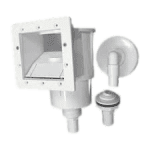


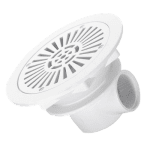





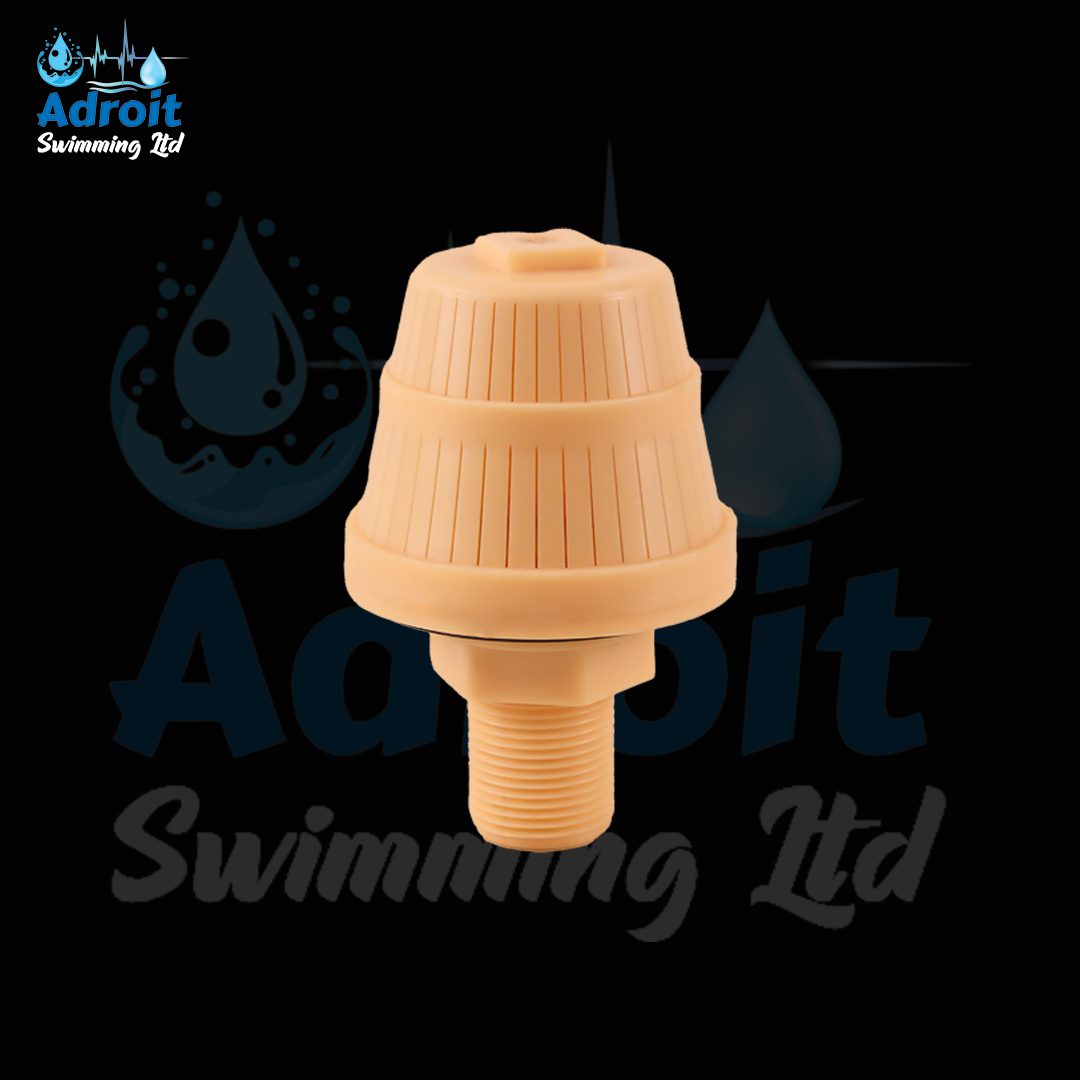
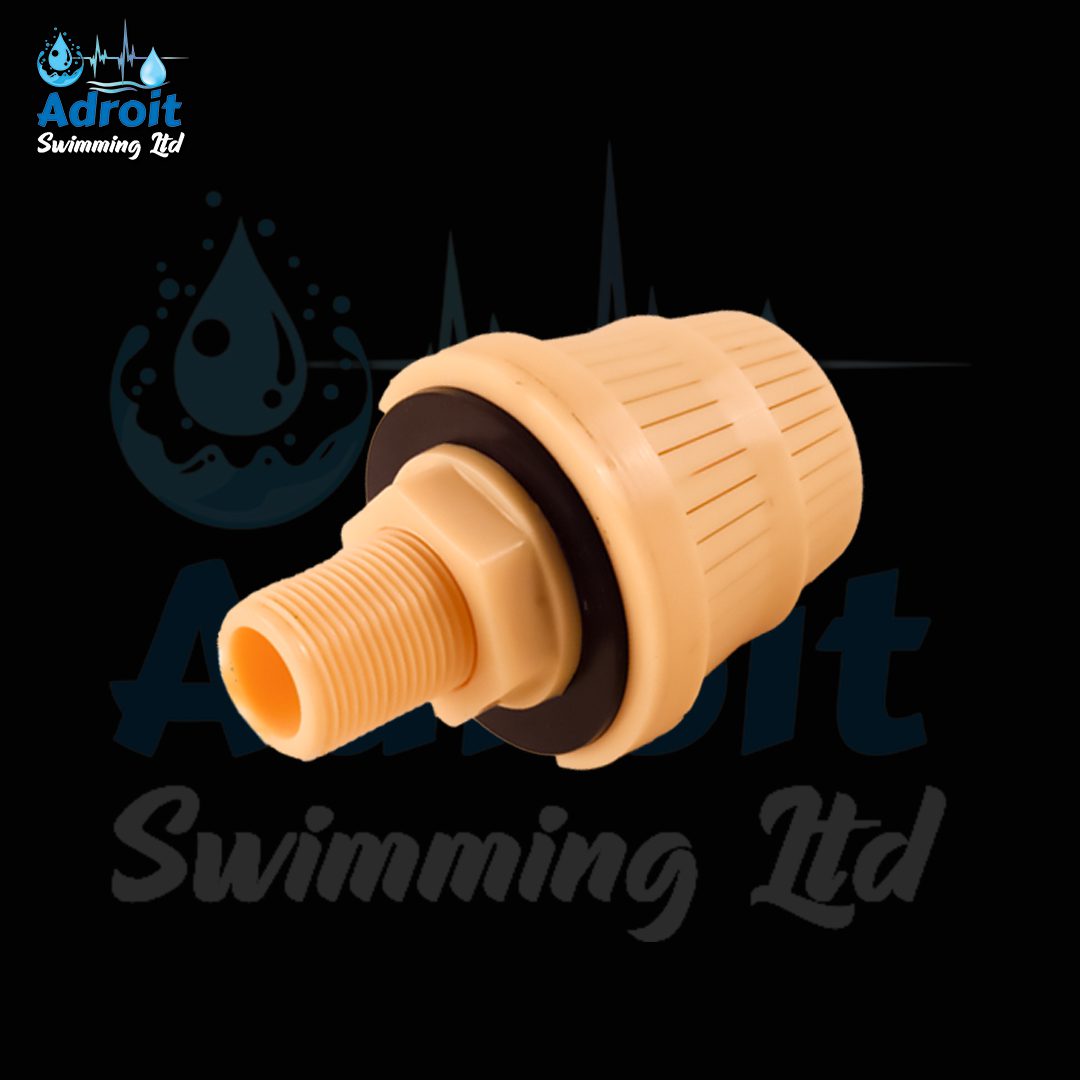
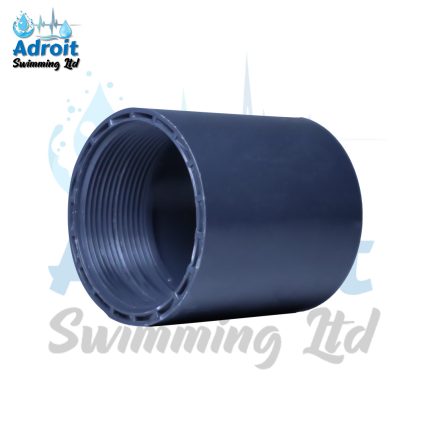
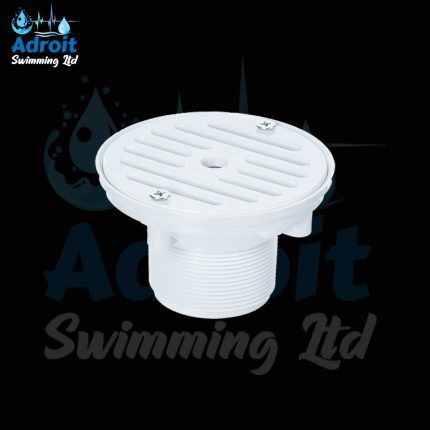
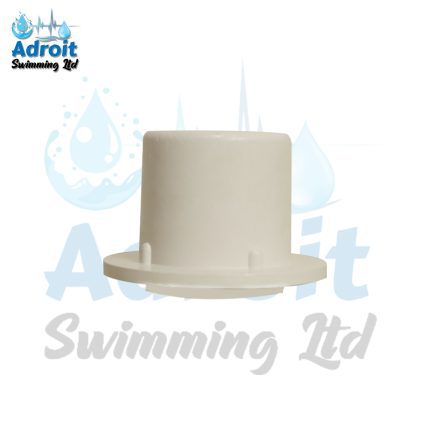
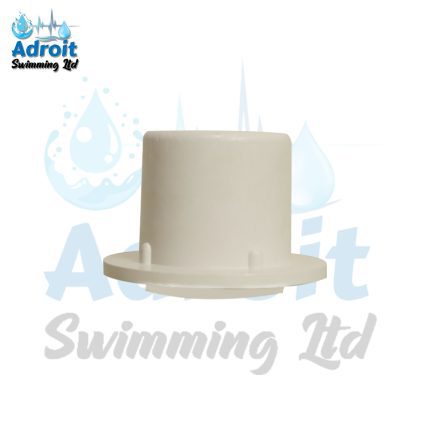
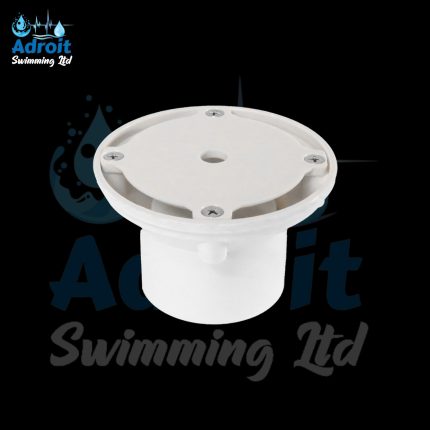
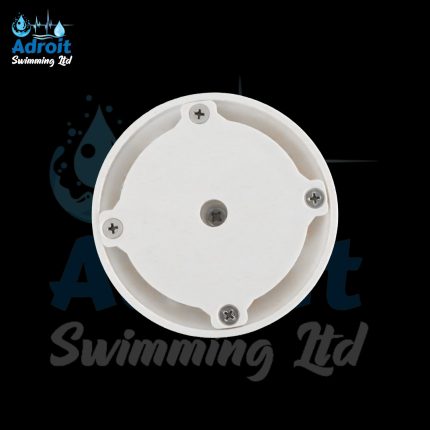
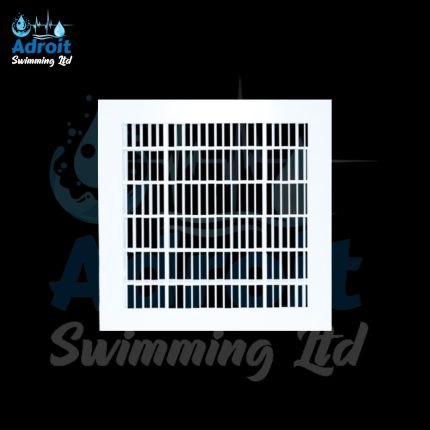
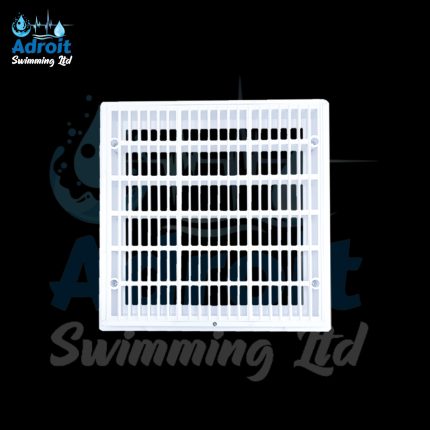
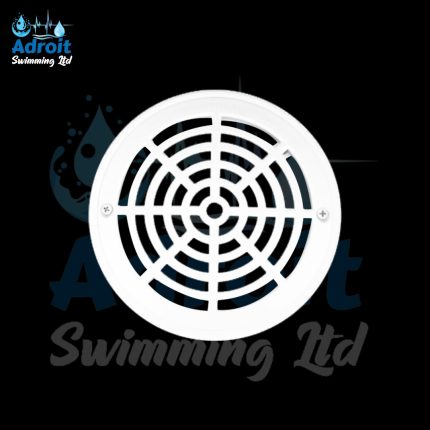
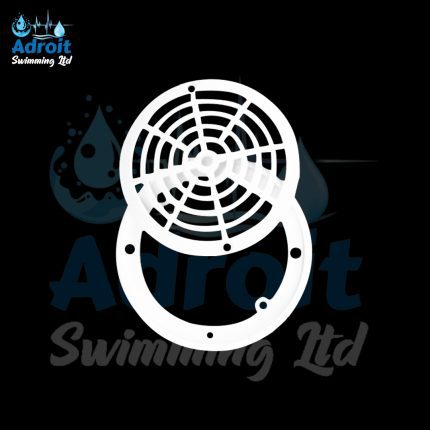
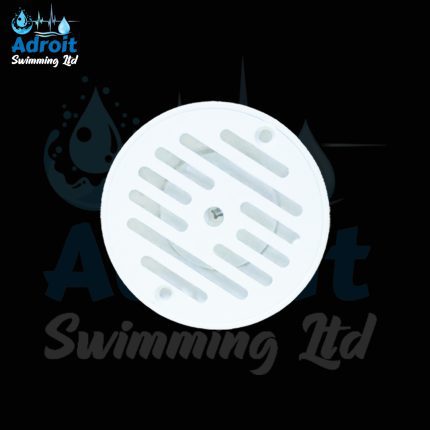
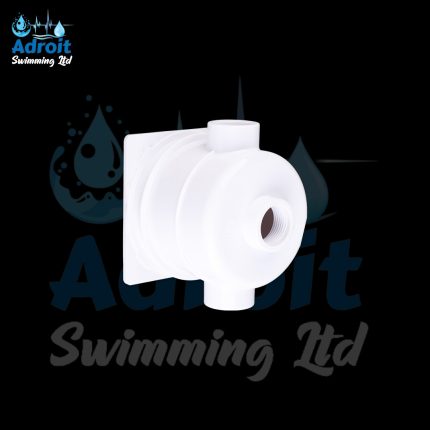
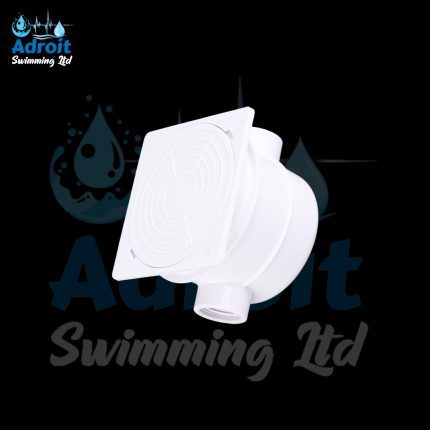
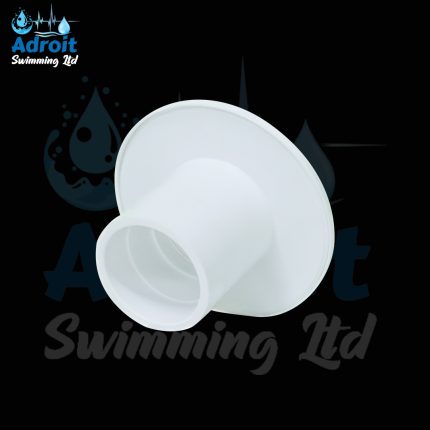
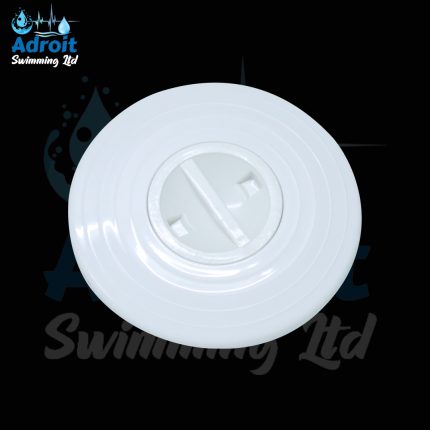
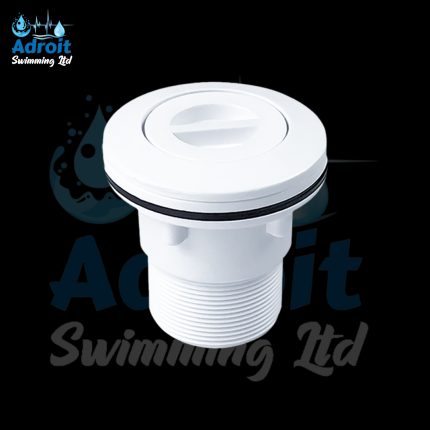
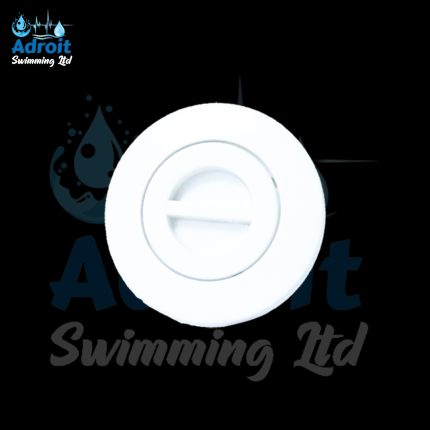
Reviews
There are no reviews yet.